Science Fantasy

by SimonKJones
Defining genres, let alone sub-genres, is the fastest route to an argument. 'Science fantasy' risks being the most divisive of all, being a deliberate mix of science fiction and fantasy, to the point where it almost seems to be a play on words rather than a carefully delineated category. Is it necessary to first understand both of those parent genres before 'science fantasy' makes sense?
It holds at its centre an inherent contradiction. Science is, by its non-fictional definition, based in rationality and the careful analysis of measurable data. Fantasy, meanwhile, celebrates the flights of fancy possible only in the mind's imagination, with the realities of the mundane world a distant lower priority. These two are not as incompatible as they might first appear, as a scientist will get nowhere without an over-active imagination and fantasy is often at its most dramatically satisfying when it is rooted in the systems and limitations of a mundane world - or, at least, juxtaposed against them.
How you regard science fantasy will depend on whether you approach it from the science or the fantasy end. Star Wars has a veneer of verisimilitude and science in its visuals and the practical appearance of its machinery and worlds but it veers heavily towards fantasy, not only through the conceit of the Force but also in the way its spaceships actually behave: it has its own internal logic which has very little to do with the universe's actual physics (this, in fact, describes almost all movie and TV science fiction). Reversing the weighting towards fantasy leads towards the likes of Magician and The Name of the Wind, books which are overtly fantastical and magical but with particular care and detail given to their fantastical elements. They show magic as understood via scientific methods.

What of Julian May's Saga of the Exiles, in which a science fiction justification is provided for the ensuing fantastical adventure? The story's framing device is pure science fiction, while the story itself revels in upending and exploring fantasy tropes. In some ways, it is an example of giving hard science fiction readers a way in to discover fantasy: an excuse to orbit a little wider in their tastes and habits.
Consider Brian K Vaughan's Saga, a deliberately genre-hopping and intensively self-aware comic which refuses to settle into any kind of easy categorisation. It veers violently between science fiction and fantasy, disrupting both in the process, and stubbornly refuses to explain its wilder concepts. Sentient robots with old-style CRT televisions for heads are considered entirely normal despite their anachronistic portrayal, with the book fully embracing Arthur C Clarke's proclamation that "any sufficiently advanced technology is indistinguishable from magic."
Perhaps science fantasy is aiming to be the best of both worlds: science fiction unlimited by the dull borders of reality, and fantasy rationalised by a light application of the scientific method. By deliberately blurring the already fuzzy, porous edges of genre, science fantasy enjoys the luxury of picking and choosing what works best for a dramatic narrative. As such it is immediately more accessible to a wider, more casual audience, demanding neither patience of hard science fiction nor the suspension of disbelief of high fantasy.
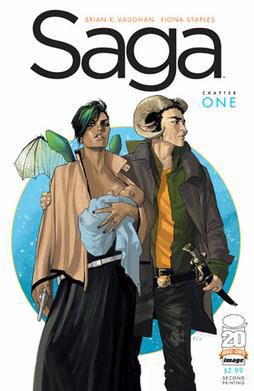
This is surely why almost all television and film tends towards 'science fantasy', even when described as 'science fiction' or 'fantasy'. It is a rare space movie which embraces genuine Newtonian physics and it is frustratingly difficult for overt fantasy to attract a mainstream audience - both problematic given the genre's in-built requirement for huge budgets. Science fantasy gets to play a little looser, which is why there are people who will happily watch every Star Wars film but will never read a science fiction novel.
None of which is to imply that science fantasy is inferior, or appealing to the lowest common denominator. Quite the opposite - by playing with the rules and mashing different genre conventions together, science fantasy stories have the potential to emerge as something fresh, challenging, and exciting. Saga is the perfect example of a book that is doing something entirely new with familiar elements, in the process managing to feel both very indie and a satisfyingly big budget.
For my own part, my first serialized novel A Day of Faces falls neatly into science fantasy. Its central conceit is fantastical and slightly daft - what if everyone born on a specific day looked identical? - but the notion is then explored via a science fiction framework. As a writer, I don't tend to think too much about the genre, especially sub-genres, as that can be potentially limiting. The genre will emerge naturally through character, story, and my own interests at the time. Readers are likely to interpret the genre according to their own preferences, too.
As mentioned, any attempt to define genres is doomed from the beginning. Your mileage may vary. Let me know in the comments!

Example of Science Fantasy on Wattpad:
A Day if Faces by SimonKJones
Synopsis:
In Kay's world, weird is normal. Girls have tentacle dreads, there's a ruling class of flying angels, some folk have fur or horns and others can see heat signatures through walls. All of this made total sense to Kay until she met a guy who broke all the rules.
Excerpt:
Shadows crept across the landscape. Lights flicked on all at once around the base, illuminating the place in pools of soft white light. At one end was a large car park, full of vehicles. Next to that were a series of low, nondescript buildings. Then in the centre was a larger warehouse, with all kinds of peculiar pipes and structural work protruding out the back.
"Something's happening," Cal said, crawling over to us and pointing.
There was movement, as people started to emerge from the buildings and make their way back to the car park, some walking alone, others conversing in groups. They all seemed relaxed, moving slowly and taking their time to drive out of the complex in single file. Ten minutes later most of the vehicles had departed.
"How we looking?" Cal asked Marv.
"Kinda hard to tell at this distance, dude, but it looks pretty quiet down there."
We cautiously made our way down the hill, acutely aware of the lack of decent hiding spots, until we reached the fence. It was super tall, with metal cladding at the base to stop anybody climbing up the mesh. There were signs spaced at regular intervals in a weird alphabet but with a pretty clear graphic of a guy being electrocuted.
"We can't exactly walk in the front gate," I said. "This might be a no-go from the start."
Cal smiled. "You're not thinking multi-dimensionally," he said with an excited grin and eyes burning blue.
"Yeah," I said, "I what?"
He took our hands and pulled us out of the world. The air popped and compressed and we were back in the desert, a long way from our rocky shelter. We were lucky that the sun had gone down here as well. "Walk with me," Cal said, taking purposeful steps forward. "A little further." We walked a few more paces across the featureless, dusty ground.
"Check this out," Cal said, and he parted reality again and we slid through the gap in the universe and back out to where we had come from.
Except we were on the other side of the fence.
"That is some cool shit right there," Marv said.
"It's the same trick they use with the Aviary replica," Cal said. "On the desert version of this planet, there's no fence."
"There is no fence," I repeated slowly. "Man, we should really rob a bank."
Marv gave us the all clear and we ran across the yard, trying to muffle our footsteps as best we could. One of the smaller buildings was just before us. Marv walked up to one of the windowless walls and stared intently at it, moving his head from side to side.
"Looks clear," he said.
There was a flash of blue light and Cal disappeared.
"How rude," I said.
"Be hard to explain how we got here if we were spotted," Marv said.
I tentatively touched a finger to his wounded shoulder, where an arm should have been. "How is it?"
He looked down at the stump. "A little useless," he said. "But whatever that assassin guy gave you did the trick. A wound like this would probably have killed me if I'd gone to a Locque hospital. I wouldn't be up and about doing spy shit, for sure."
Another flash and Cal was back in a shower of blue sparks. "Nothing," he said, "it looked like a canteen. It was weirdly familiar, if anything."
The next stop was the big warehouse. There was no point checking all the other buildings one by one. We moved through the silent base, Marv on constant look-out for signs of life, and huddled up against the enormous warehouse wall, which towered above us by at least four floors. "There's somebody in there," Marv said, "or at least one person. A ways off, though. And there's something else, right in the centre of the building. Not a person, but it's giving off a huge amount of radiation."
Cal checked it out first, then came back and got us. We repeated the desert trick, using it to move through the warehouse's wall. We were in the shadowed bowels of a cavernous room, gantries criss-crossing above and surrounding an enormous, spherical contraption. The device was as large as two trams stacked on top of each other and was clad in thick metal panels. What looked like viewing areas were dotted around the sphere, through which we could see dancing blue light.
"Anybody else thinking the colour of that light looks kinda familiar?" I asked.
"This is how they do it," Cal said, "this is what they use to do what I do."
"Looks pretty hardcore," Marv said. "I don't see how you'd be able to do whatever that thing does."
It didn't seem that anybody ever walked around down at the bottom of the warehouse. It was dark and oily and evidently hadn't been cleaned for a while. We scurried beneath the walkways like rats, trying to figure out what we were going to do next. In one corner there was a series of simple, pre-fab offices suspended off the floor.
"Someone is leaving," Marv said, pointing.
A door opened and a man emerged. It wasn't the guy we'd encountered in the Aviary, I was glad to see. This one looked completely different. No scars - just a pair of glasses. He looked more like someone who spent his days behind a desk.
"Keep watch, I'm going to ask him a few questions," Cal said, already starting to move off.
Marv reached out and grabbed him. "Hold up, super spy," he said. "Before you go blowing our cover, how about we check out that room?"
Cal looked annoyed and glanced at Marv's hand as if it was diseased, then he acquiesced. "You're right," he said. "Is there anybody else in there?"
"Nope, all quiet."
We swung up onto the lowest walkway and ascended the stairs, tip-toeing on the metal steps. The door to the office was unlocked - presumably any security they had was on the building itself.
The room was dark, dimly lit only by rows of blinking lights of varying colours. The entire place hummed with what sounded like small fans. My vision adjusted to the darkness quickly and I found what looked like a light switch on the wall. The room was gently and gradually illuminated, revealing a series of screens and desks. The room was tiered, with the front desks lower then those at the back. All of them pointed towards a larger screen, on which was a logo of some kind that bounced from corner to corner.
Cal walked around the room, opening up notebooks but finding himself unable to understand anything. "What is this place?"
Each of the screens on the desk had similar controls in front of them - oblong slabs with protruding buttons and a small, hand-sized device. I gingerly lifted up the device and as I did so the large screen at the end of the room came to life. The bouncing logo vanished and was replaced by a tiled display of different camera views.
"Their technology is pretty advanced," I said.
"Now you're thinking that?" said Marv. "The big copycat Aviary, auto-healing packs and giant pan-dimensional gizmo out there didn't clue you in?"
The various views on the screen switched every few seconds. The longer I stared at them the more familiar they became, until I realised with a start that I was looking at locations from Perlyn. These were places I'd hung out back home. "It's our city," I said.
My attention was drawn to one particular tile, showing a typical kitchen. It took me a moment to realise it wasn't any old kitchen: it was my kitchen. The woman sitting alone at the table was my mother.

Inspirations:
Setting
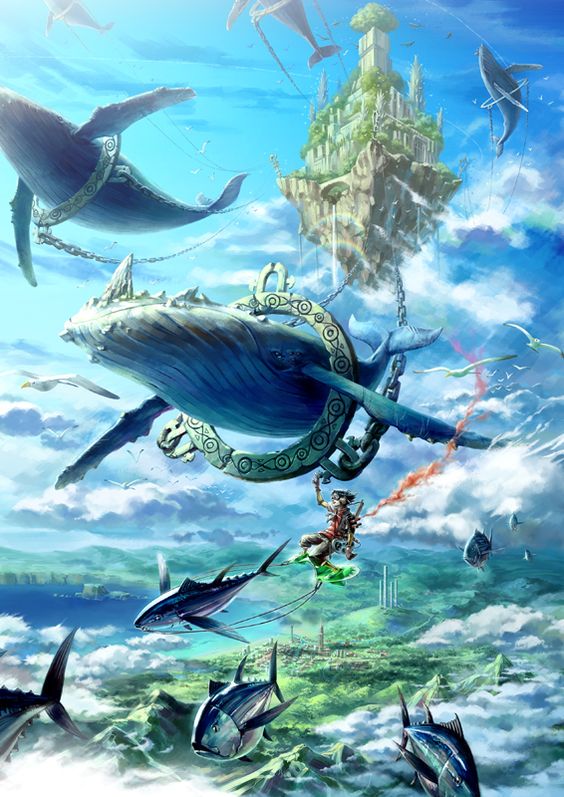
Characters
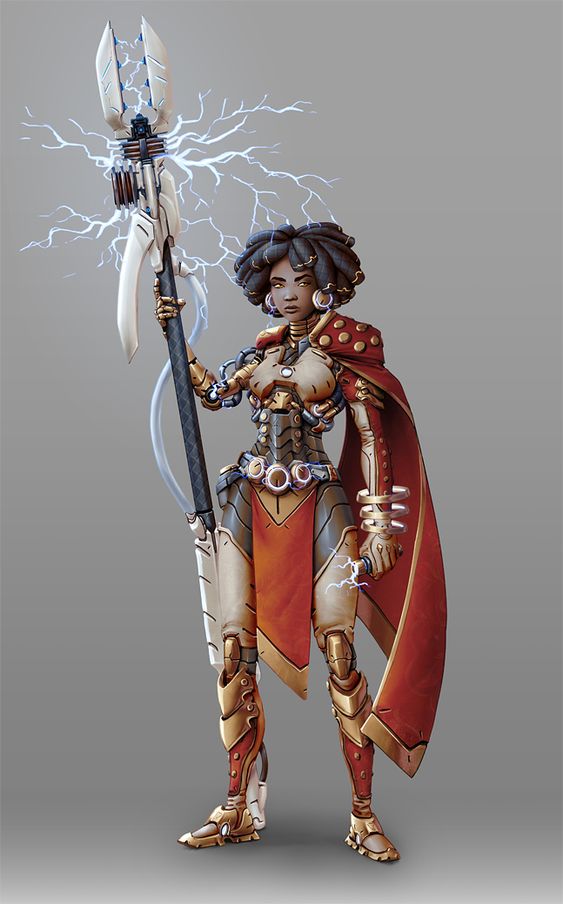
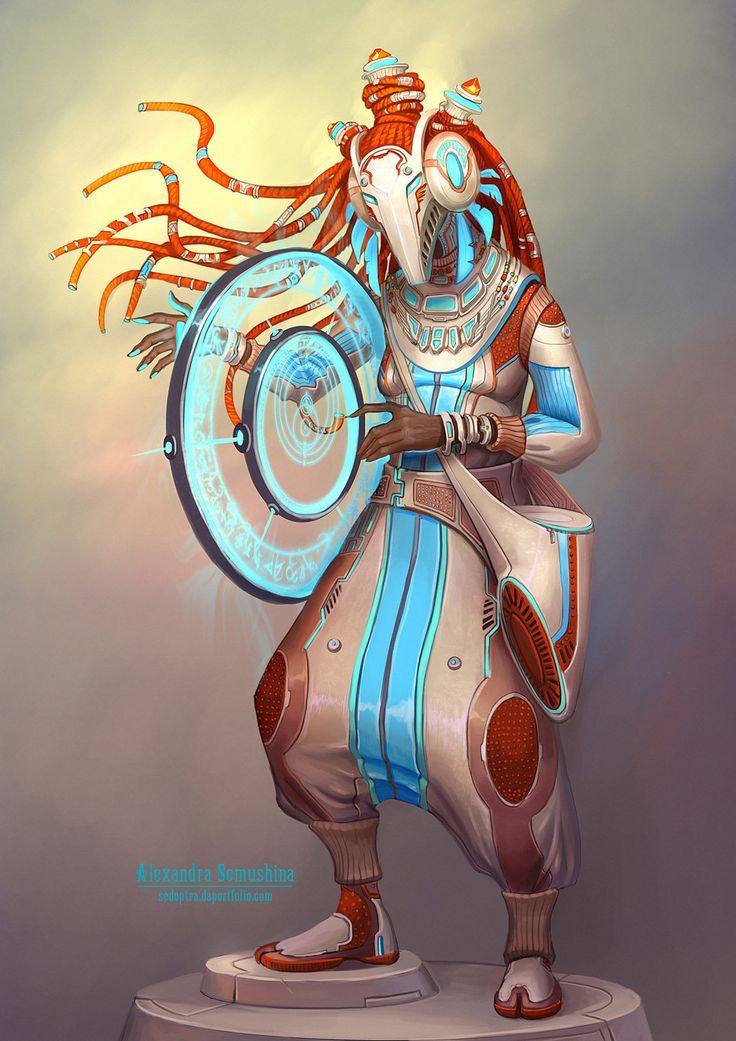
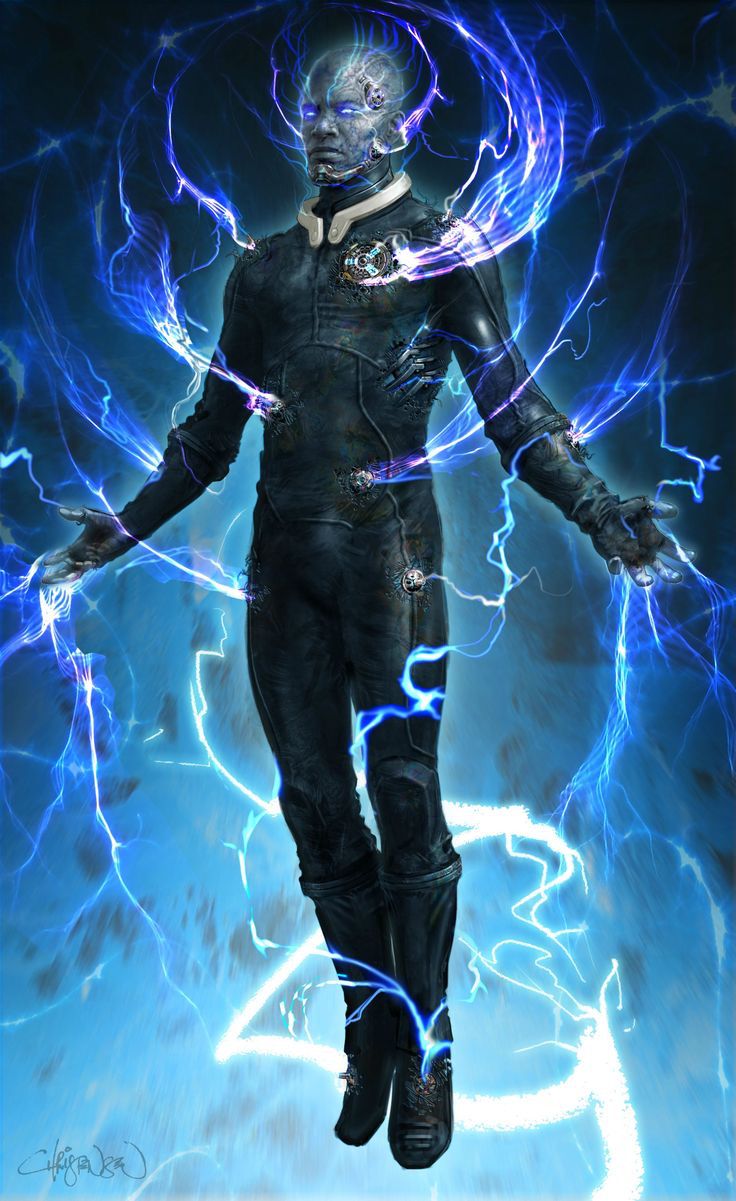
Music
https://youtu.be/nsd5ZWGaVSY
Bạn đang đọc truyện trên: AzTruyen.Top